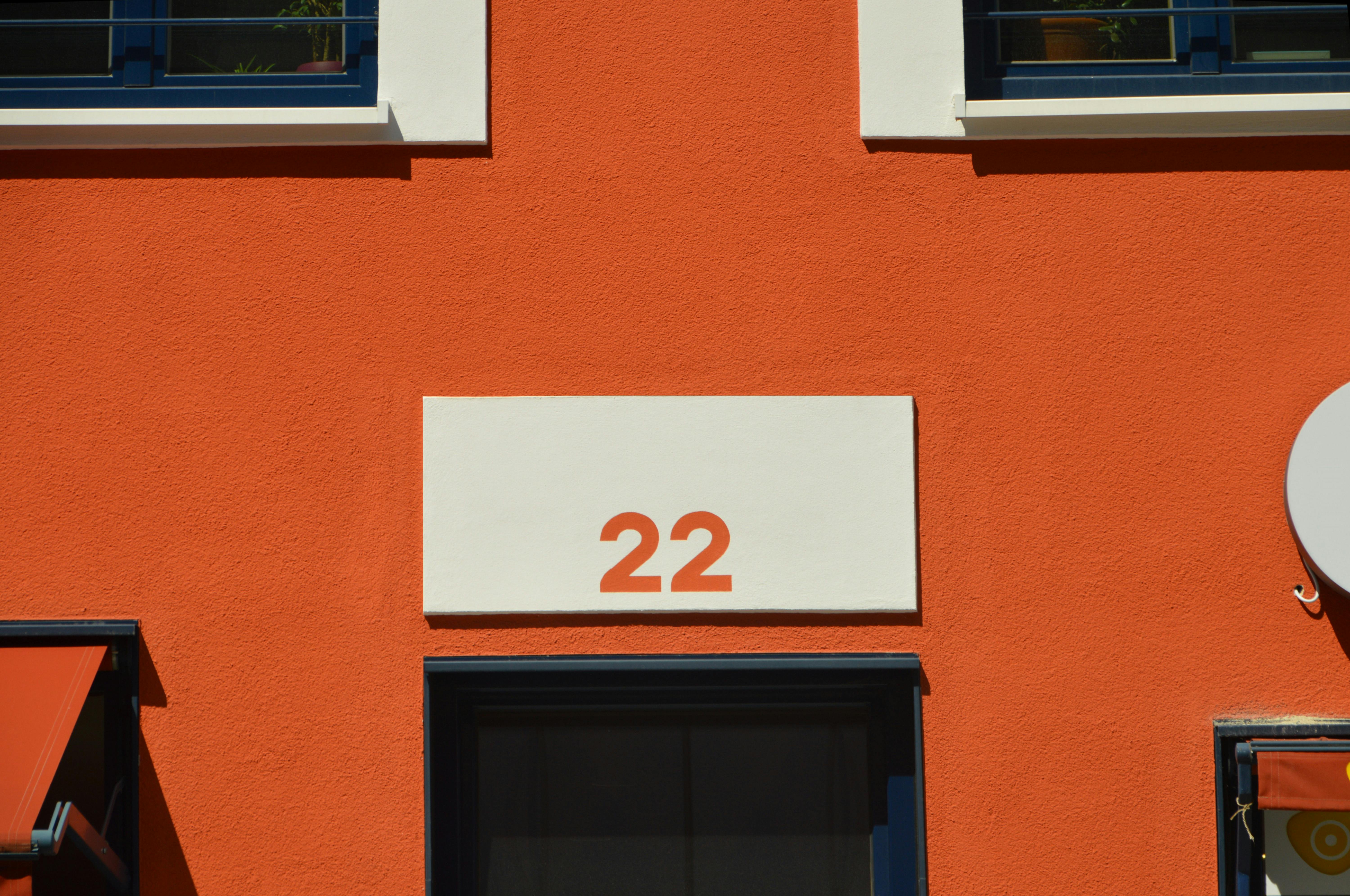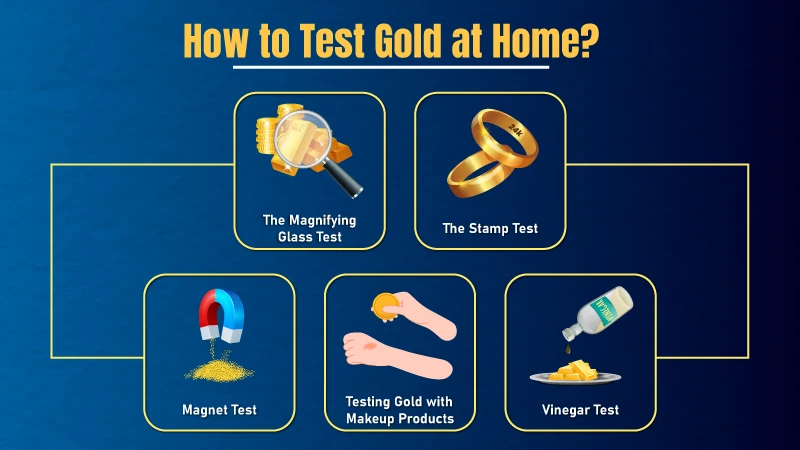Does Gold Stick to a Magnet? 3 Tests You Can Try at Home
In the world of precious metals, gold holds a special place as a symbol of wealth, luxury, and investment. But have you ever wondered if gold sticks to a magnet like other metals do? In this article, we will explore this intriguing question and provide you with three tests you can try at home to find out for yourself.
Understanding the Properties of Gold
Gold is known for its unique properties that set it apart from other metals. It is a dense, malleable, and ductile metal with a distinctive yellow color. One of the key characteristics of gold is its non-magnetic nature, which means it does not interact with magnetic fields like iron or steel. This property is what makes gold an ideal material for jewelry, coins, and other luxury items.
Test 1: Using a Magnet
The simplest way to test if gold sticks to a magnet is to use a magnet itself. Take a strong magnet and place it near a piece of gold jewelry or a gold coin. Slowly move the magnet towards the gold item and observe if there is any attraction or pulling force between them. If the gold is not magnetic, the magnet will not stick to it or exhibit any magnetic properties.

This image is property of images.pexels.com.
Test 2: Creating a Magnetic Field
Another method to test if gold sticks to a magnet is by creating a magnetic field around the gold item. You can do this by using a magnet and a piece of paper. Place the gold item on the piece of paper and then bring the magnet close to it. Gently move the magnet around the gold, trying to attract it. If the gold remains unaffected by the magnet, it means it is non-magnetic.
Test 3: Conducting a Density Test
Apart from using a magnet, you can also perform a density test to determine if gold sticks to a magnet. Gold is a dense metal, which means it has a high mass packed into a small volume. You can compare the density of gold with that of a known magnetic metal like iron. If the gold item is heavier than the iron item of the same size, it indicates that gold is not magnetic.

This image is property of images.pexels.com.
Conclusion
In conclusion, gold does not stick to a magnet due to its non-magnetic nature. This property is what makes gold unique and valuable in various industries, including jewelry making, coin minting, and investment. By conducting these simple tests at home, you can verify the non-magnetic characteristics of gold and gain a better understanding of this precious metal.
General Information about Gold and Magnetic Properties
Brief Overview
Gold is a noble metal that has been prized for its beauty, rarity, and value for centuries. It is one of the most sought-after metals in the world, with a wide range of applications in jewelry, electronics, dentistry, and investments. Despite its numerous uses and properties, gold is not magnetic, which means it does not exhibit magnetic properties like iron, nickel, or cobalt.

This image is property of images.pexels.com.
Why Gold is Non-Magnetic
The non-magnetic nature of gold can be attributed to its electronic structure and bonding characteristics. Gold belongs to the d-block elements in the periodic table, which have partially filled d orbitals. These orbitals contribute to the unique properties of gold, including its high ductility, malleability, and non-magnetic behavior.
Electromagnetic Interactions
When a magnetic field is applied to a material, it induces a response in the electrons present in the material. In ferromagnetic materials like iron, the alignment of electron spins creates a magnetic moment that attracts or repels other magnetic materials. In the case of gold, the electrons are not aligned in a way that produces a magnetic field, making it non-magnetic.

This image is property of res.cloudinary.com.
Contrast with Other Metals
While gold is non-magnetic, other metals like iron, nickel, and cobalt are magnetic due to their electron configurations. These metals have unpaired electrons in their d orbitals, which allow them to form magnetic domains when exposed to a magnetic field. As a result, they exhibit magnetism and can attract or repel other magnetic materials.
Common Misconceptions
There are often misconceptions about the magnetic properties of gold, leading some people to believe that gold can be attracted to a magnet. However, these misconceptions are based on misunderstandings of the electronic structure of gold and its interactions with magnetic fields. By conducting simple tests at home, you can verify the non-magnetic nature of gold and dispel any myths or inaccuracies about this precious metal.

This image is property of i.ytimg.com.
Potential Applications
The non-magnetic properties of gold make it ideal for various applications where magnetism is not desired or required. For example, gold is widely used in jewelry making, coin minting, and electronic components due to its inertness, conductivity, and aesthetic appeal. By understanding the unique characteristics of gold, you can appreciate its value and versatility in different industries.
FAQs about Gold and Magnetism
Q: Why is gold not attracted to magnets?
A: Gold is not attracted to magnets because it is a non-magnetic metal with no magnetic properties. The electronic structure of gold does not allow it to form magnetic domains or interact with magnetic fields like ferromagnetic metals.
Q: Can gold be magnetized under certain conditions?
A: While gold is inherently non-magnetic, it is possible to induce a weak magnetic moment in gold under extreme conditions such as high pressure or low temperature. However, these effects are temporary and do not alter the overall non-magnetic nature of gold.
Q: Are there any magnetic impurities in gold?
A: Gold is typically purified to remove any impurities or contaminants, including magnetic materials. The high purity of gold (>99%) ensures that it maintains its non-magnetic properties and remains a valuable and reliable metal for various applications.
Q: Does the color or purity of gold affect its magnetic properties?
A: The color and purity of gold do not influence its magnetic properties, as these characteristics are determined by the electronic structure and bonding in the metal. Whether gold is yellow, white, or rose in color, it will remain non-magnetic due to its unique nature.
Q: Can gold alloyed with other metals become magnetic?
A: When gold is alloyed with other metals like iron, nickel, or cobalt, the resulting alloy may exhibit magnetic properties depending on the composition and proportions of the metals. However, pure gold itself will always be non-magnetic regardless of any alloying elements.
By exploring these FAQs, you can gain a better understanding of the relationship between gold and magnetism and appreciate the distinctive properties of this precious metal.conducting the tests mentioned.
If you have any questions, please don’t hesitate to contact us at info@fastcashva.com



